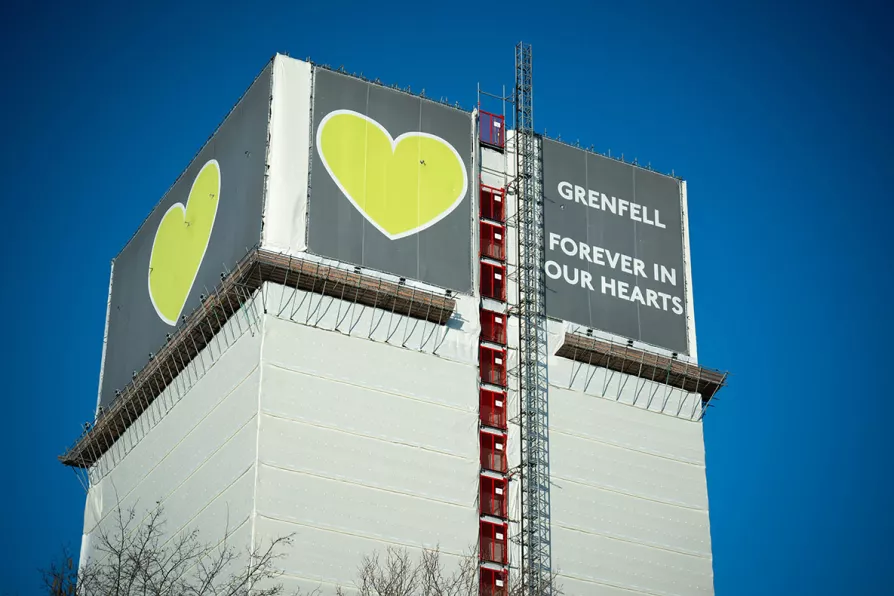Grenfell demolition means injustice is put ‘out of sight and out of mind’

 A general view of Grenfell Tower, west London, after the government has announced the tower will be demolished, February 6, 2025
A general view of Grenfell Tower, west London, after the government has announced the tower will be demolished, February 6, 2025
THE demolition of Grenfell Tower could mean that the injustice of the fatal fire is put “out of sight and out of mind,” a survivor warned yesterday.
The government’s decision, shared with families at a private meeting on Wednesday evening, prompted anger and claims that the voices of many loved ones had been ignored.
Deputy Prime Minister and Housing Secretary Angela Rayner was met with gasps from a shocked room of mostly bereaved people, who felt there had not been enough consultation.
Similar stories

As we approach the half-anniversary of the Grenfell tragedy, the community gathers to remember loved ones while grappling with mixed emotions surrounding the ongoing deconstruction of the tower and the hopeful plans for a memorial, writes EMMA DENT COAD

MPs say ministers have 'heads in sand' on safety












